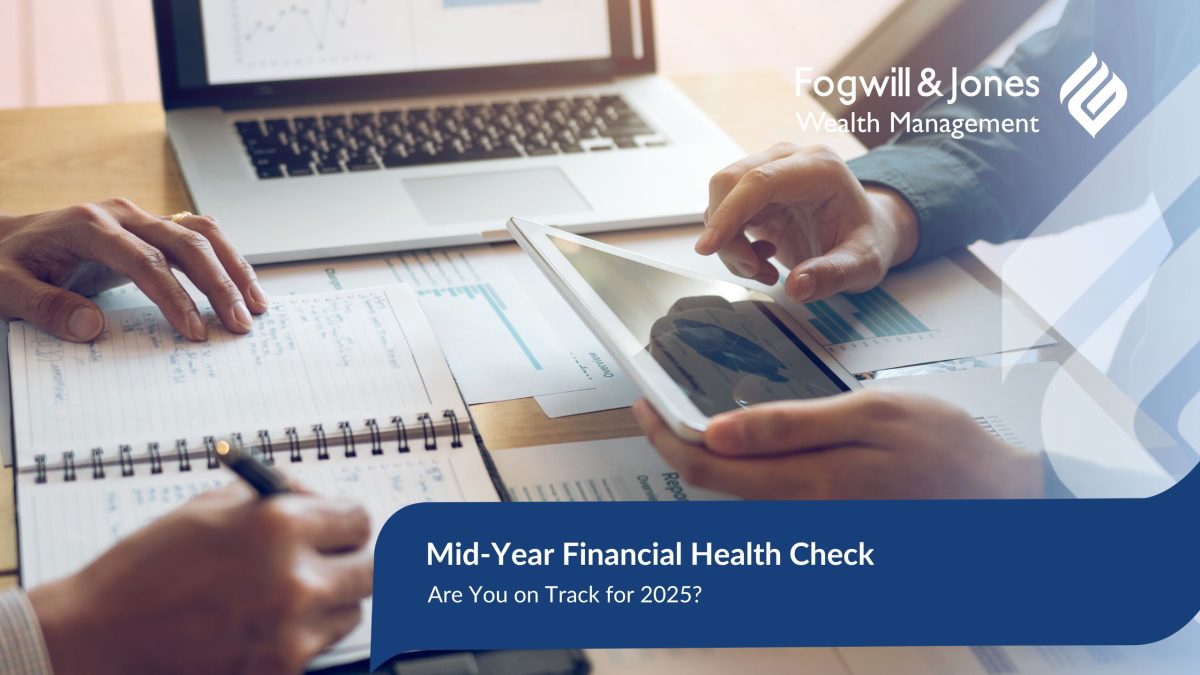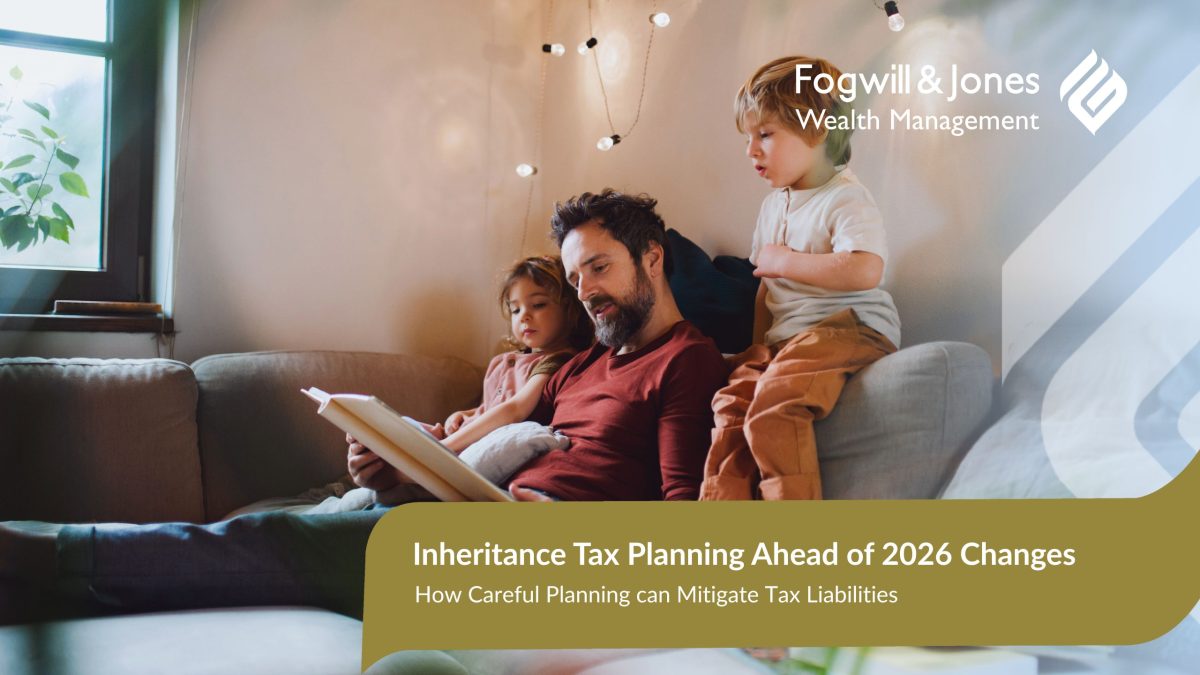When planning for the future, we often focus on building wealth, achieving financial goals, and creating opportunities for the next generation. But there’s another side to good financial planning that is just as important: protection.
Protection policies – including life insurance, income protection, and critical illness cover – provide a financial safety net when life takes an unexpected turn. They ensure that you and your loved ones are supported, no matter what happens. At Fogwill & Jones, we believe that real financial confidence comes not just from the plans you make, but from the security you build around them.
Life Insurance: Looking After Loved Ones
Life insurance offers peace of mind that your family will be financially supported if the worst should happen. It can help cover everyday living costs, outstanding debts, and even future expenses such as university fees. This type of cover can be particularly important for those with dependents, mortgages, or other long-term financial responsibilities.
There are various types of life insurance policies, including term assurance and whole-of-life cover. Term assurance provides cover for a set period and pays out if you pass away during the term. Whole-of-life policies, as the name suggests, provide lifelong cover and typically come with a higher premium but guarantee a payout regardless of when death occurs. Choosing the right policy depends on your financial goals, family circumstances, and the level of cover needed.
Income Protection: Supporting You When You Can’t Work
Your ability to earn an income is one of your most valuable assets. Income protection insurance provides a regular income if you’re unable to work due to illness or injury. This type of policy can be especially important for those who are self-employed or whose employers do not offer extended sick pay.
Income protection typically covers a percentage of your income, often up to 60-70%, and continues to pay out until you are able to return to work or reach retirement age, depending on the terms of your policy. It’s a critical safety net that allows you to maintain your lifestyle and meet financial commitments while you recover.
It’s important to understand the deferral period (the time between stopping work and when payments begin), and whether the policy is reviewable or guaranteed, as these factors can affect both the cost and suitability of the cover.
Critical Illness Cover: Financial Help During Health Challenges
A serious illness can be life-altering, both emotionally and financially. Critical illness cover provides a lump sum payment if you’re diagnosed with a specified condition such as cancer, heart attack, or stroke. This money can be used however you need – whether that’s paying for private treatment, making adaptations to your home, or simply covering household bills while you focus on your health.
Each policy outlines which conditions are covered and under what circumstances a claim can be made. Some policies also cover children or offer partial payouts for less severe conditions. Having this type of cover in place means you won’t need to dip into savings or take on debt at a time when financial stability is more important than ever.
The Role of Protection in Holistic Financial Planning
Protection is often overlooked in favour of more visible aspects of financial planning, such as investing or saving for retirement. However, without a solid safety net, the plans you work hard to build could be vulnerable to disruption. Think of protection as the foundation upon which all other financial goals rest.
Having the right insurance in place means your financial future remains on track, even if life doesn’t go according to plan. It also brings peace of mind, allowing you to focus on the present without the burden of ‘what if’ scenarios weighing on your mind.
A Foundation for Resilience
Having the right protection in place isn’t about expecting the worst – it’s about being prepared. These policies form the foundation of a resilient financial plan. They give you the confidence to move forward with your goals, knowing that you’ve taken sensible, proactive steps to protect what matters most.
At Fogwill & Jones, we help our clients identify the protection that best fits their circumstances and long-term plans. We take the time to understand your unique situation, explain your options clearly, and help you find policies that align with your values and financial objectives.
If you’re unsure about the right cover for you, we’re here to help you make informed, thoughtful decisions.











